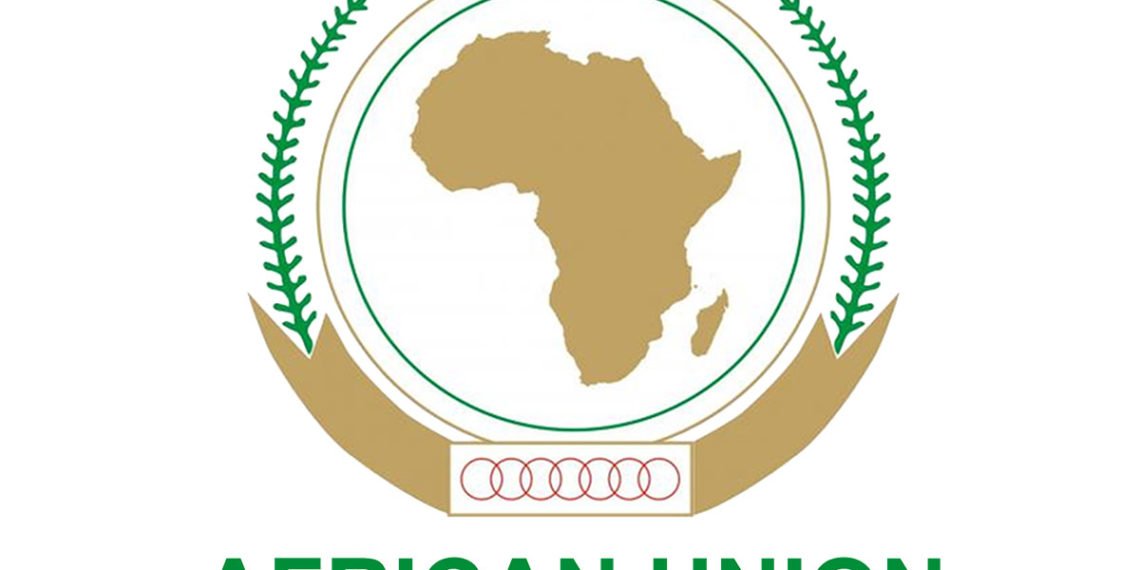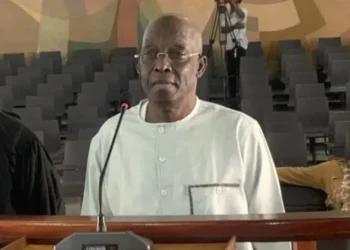The Africa Union Commission has called on Africa to seal existing loopholes associated with international taxation systems in order to fully harness the potential in domestic resources.
This call was made at the African Union Ministerial meeting of the Extraordinary Specialized Technical Committee on Finance, Monetary Affairs, Economic Planning and Integration where the Ministers of Finance, Economic Planning and Integration convened under the theme, “Securing Africa’s Taxing Rights, Stemming Illicit Financial Flows and developing payment system for AfCFTA”, a demonstration of the linkages between prudent resource and financial governance and improved Domestic Resource Mobilization.
The meeting was attended by Permanent Secretaries and Director Generals in the Ministries of Finance, Economic Planning and Integration; Central Banks Governors and Tax Administrators, Commissioners-General and senior officials from the African Tax Administration Forum.
In Africa, the renewed focus to raise additional financing for development and narrow the resource gap by accelerating Domestic Resource Mobilization (DRM), has been at the center of Africa’s development strategy in recent years. However, to fully harness the potential in domestic resources, sealing existing loopholes associated with the Tax revenue under-collection remains a critical issue.
The African Union Commission forecasts that economic growth in Africa will be in the range of -2.1% to -4.9% in 2020, plunging the economy into recession for the first time in 25 years. The tax-to-GDP ratios in most of African countries have also remained extremely low averaging only 18 percent as of 2018. To bridge this gap, Africa must address the structural issues such as tax loopholes; illicit financial flows and device innovative systems that facilitate trade and reduce the inefficiencies associated with cross-border payments and settlements.
As economies become increasingly digitalized and remote trading by Multinational enterprises (MNEs) on the continent becomes rampant, African countries continue to loss significant tax revenue as such enterprises carry out business in African countries without creating sufficient physical presence in the countries affected. The loss arises due to the fact that the current international tax rules only allocate taxing rights to a country where a non-resident enterprise creates sufficient presence in that country i.e., creating a ‘nexus’’ in that country.
Besides the challenge of MNEs not creating nexus in African countries, African citizenry continue to create a significant market and new value streams such as user data and participation for the highly digitalized businesses that the current international tax rules on profit allocation does not address. These key issues of international tax rules have been under focus by the international community especially through the Organisation for Economic Cooperation and Development (OECD) Inclusive Framework on Base Erosion and Profit Shifting (BEPS) where a consensus-based solution is expected to be reached by mid2021 for addressing tax challenges arising from digitalisation of economy.
Briefed by the African Tax Administration Forum (ATAF), on the current status of the Global debate on the above tax challenges arising from digitalisation of economy, the Ministerial STC underscored the need for a Common African Position on the current global debate on international tax rules as well as the need for Member States to effectively participate in the OECD Inclusive Framework meeting to champion that Common African Position. Additionally, the Ministerial STC agreed to work diligently to provide the much need political support to ensure that the new rules under Pillar one and Pillar Two are fit for Africa.
The Ministers also agreed on the need to create a continental platform within the African Union Commission to facilitate discussion of tax policy issues for Africa. The Ministers noted the possibility of the development of new global tax rules taking longer than expected and some Africa countries may consider implementing unilateral measures. Under the circumstances, the Ministers underscored the need for the Member States to act as a bloc and stand firm against any retaliatory tariffs taken against any African country that implements measures such as a Digital Services Tax (DST).
The Ministers equally agreed to coordinate efforts to systemically bring the informal sector players into the tax net, through financial inclusion programmes and civic duties education programmes. This includes tax, trade and business education programmes, with a focus on basic record keeping and licensing processes that do not place an undue burden on informal sector operator. Paul Tasong, Cameroun’s Minister Delegate to the Ministry of the Economy, Planning and Regional Development and the STC Co-Chair, encouraged African Union Member States to fully participate in the Global Tax Debate given the structure of African tax systems that rely heavily on corporate taxes. Only 25 African states are part of the inclusive framework on tax base erosion and profit shifting.
“The share of corporate tax revenue in total tax revenue in Africa was 19.2% in 2018. These figures compel us to take this global debate on taxation in the digital economy with the seriousness it deserves. Digital Multinational Enterprises (MNEs) that make profits in our countries must pay their fair share of taxes. It is our duty to ensure that our concerns are taken into account in the global tax debate. Our meeting today should therefore help us to develop a common position to present to the ongoing global debate on taxation in the digital economy”, he stated.
Read also: Last year’s tax exemptions could finance the free SHS – Dr. Sarkodie





















